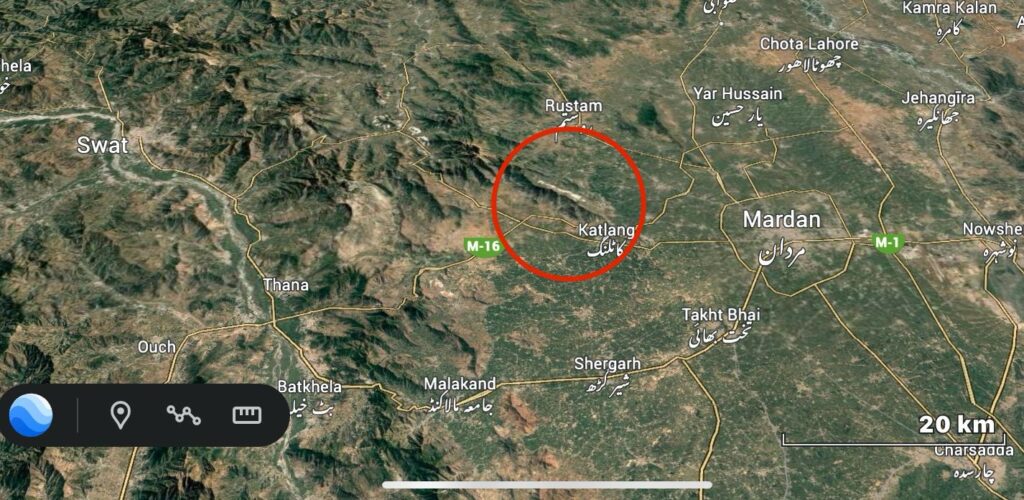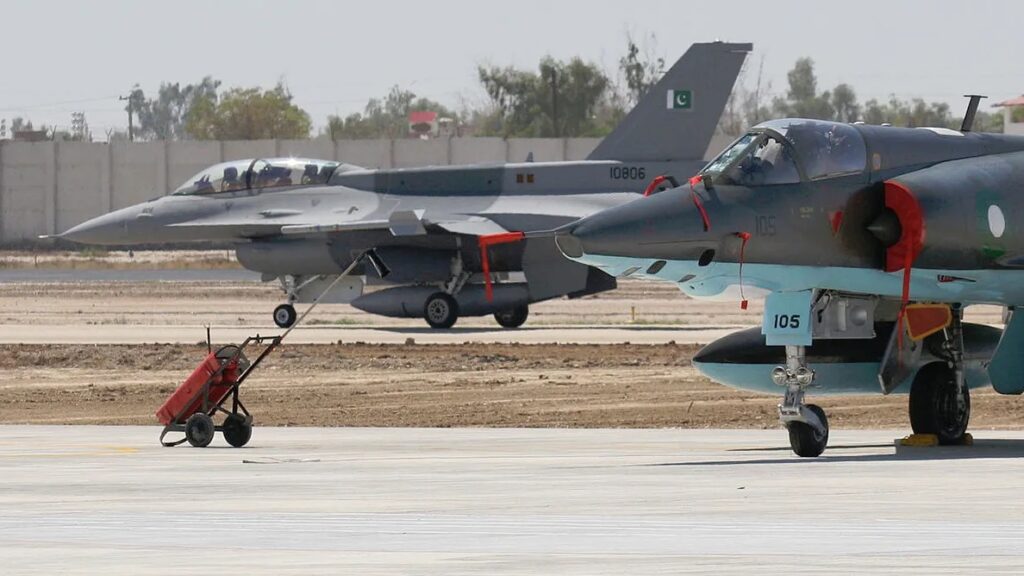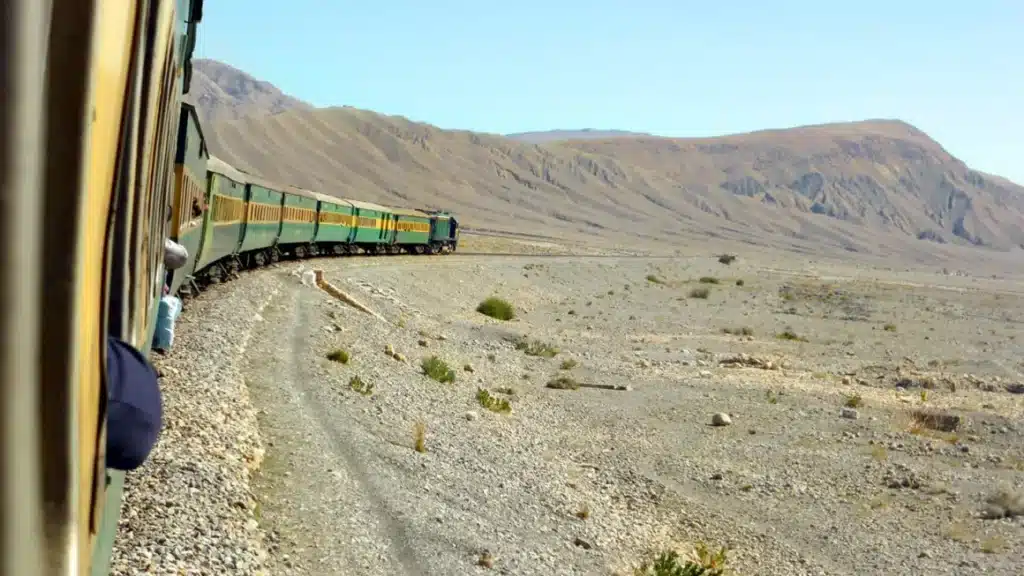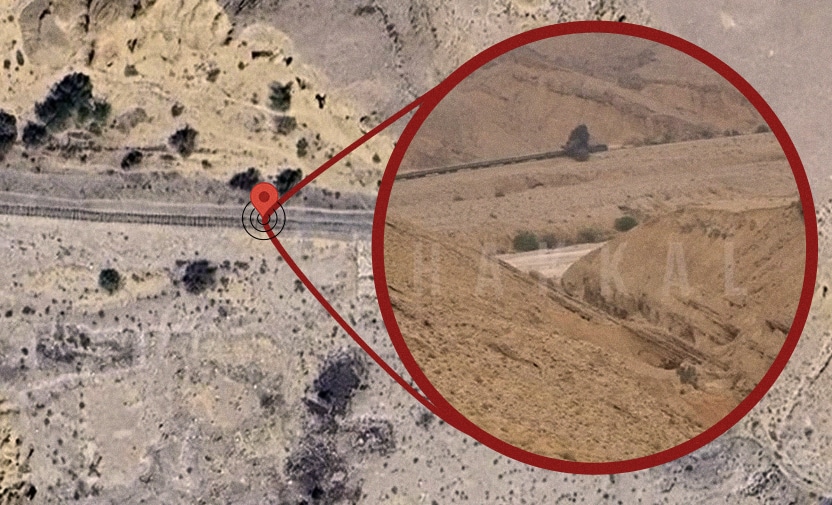QUETTA: The Indian proxies claiming to fight for Baloch rights have carried out 30 attacks on public development projects across the Balochistan province this year, according to official reports, in what authorities describe as a coordinated campaign to stall economic progress and sustain the perception of regional deprivation.
At least 28 attacks were carried out between January and September 2025 by the designated terrorist groups- Baloch Liberation Army (BLA) and Baloch Liberation Front (BLF). The groups, openly receiving support from India’s intelligence agency RAW, have claimed responsibility for most of the incidents.
The targets included road construction sites, telecommunication towers, and local contractors’ vehicles — all part of ongoing infrastructure and connectivity projects under Pakistan’s Vision 2030 and Khushhal Balochistan development programmes.
“These attacks are designed to obstruct progress and keep Balochistan isolated,” said a senior provincial official in Quetta. “The projects being targeted are meant to create jobs and improve access to communication and trade for ordinary citizens.”
Attacks on public infrastructure
In January, BLF militants torched construction vehicles in Awaran’s Peerander area. Similar attacks followed in Khuzdar, Kharan, Mashkay and Pasni over the next two months, destroying heavy machinery and halting road projects.
On April 2 and April 13, BLF gunmen attacked Ufone mobile towers in Kharan and Ras Koh, burning equipment and cutting off local communications. In May, militants targeted multiple construction and telecom sites in Gwadar, Kolwah and Khuzdar districts.
The BLA claimed responsibility for several incidents, including a February 17 arson attack in Turbat’s Nasirabad area that destroyed four construction vehicles, and a June 26 assault in Mastung that damaged local contractors’ machinery. On September 21, a gas pipeline in Dhadar was blown up, followed by another strike on a contractor’s vehicle in Qalat on September 27.
Economic progress under fire
Officials say the wave of attacks forms part of a broader effort to disrupt public welfare projects aimed at improving connectivity, education, and energy access in one of Pakistan’s most resource-rich yet underdeveloped regions.
“Every project destroyed was meant for the people — roads, telecom towers, water supply systems,” said the official. “The militants are hurting the very population they claim to represent.”
Balochistan is central to the China–Pakistan Economic Corridor (CPEC), a multibillion-dollar initiative connecting Pakistan’s Gwadar port to China’s Xinjiang region through a network of roads, pipelines and industrial zones. Analysts say this geostrategic importance has made the province a target for groups allegedly backed by India.
“Unable to challenge Pakistan militarily, India uses proxies to sabotage CPEC and destabilise Balochistan,” said a Karachi-based security analyst.
Locals reject violence
Despite continued attacks, local resistance against militant influence appears to be growing. Tribal elders and community leaders have increasingly condemned separatist violence, calling it foreign-backed and counterproductive to Baloch interests.
Also Read: Malayisa urged to invest in Balochistan’s mining sector
“The real deprivation comes not from lack of resources,” a senior Quetta official said, “but from those burning the machinery that builds our future.”





